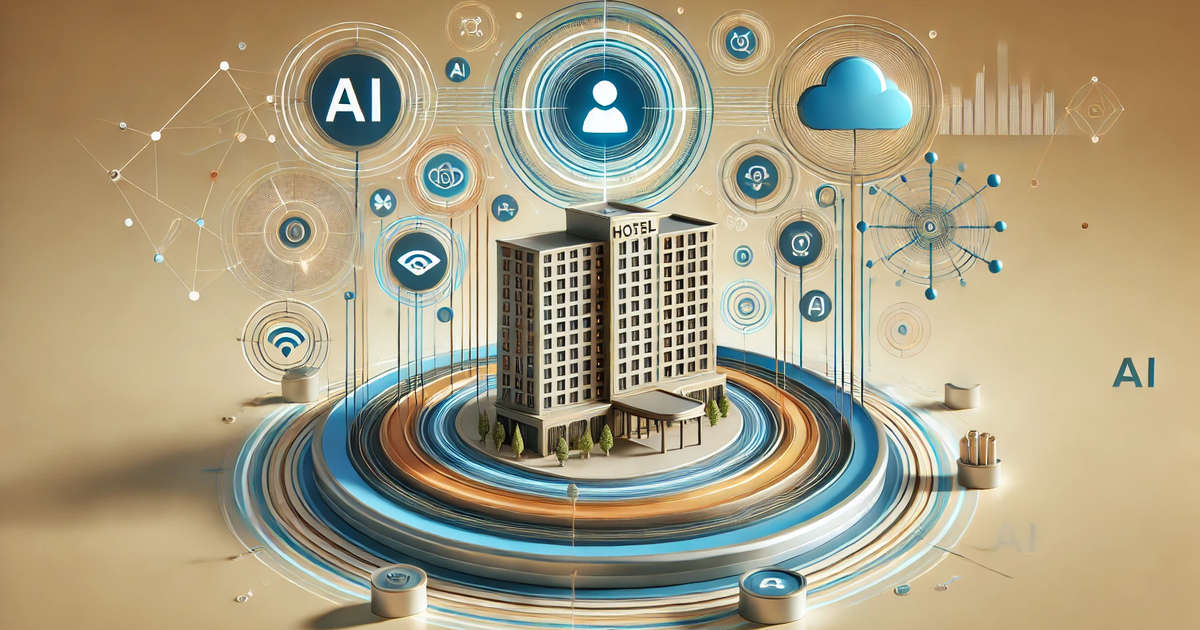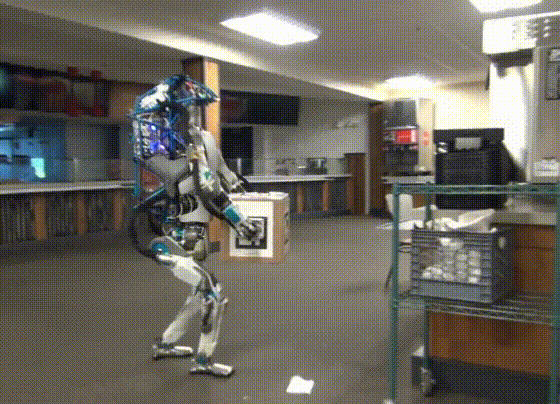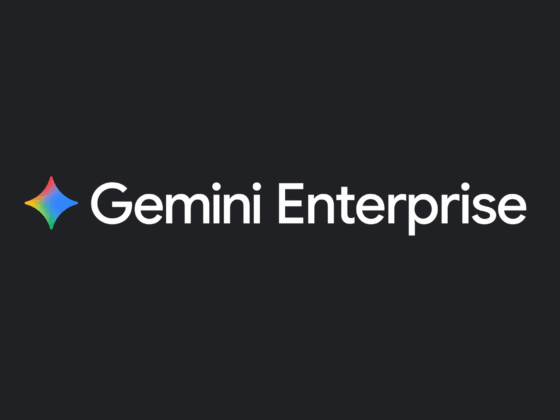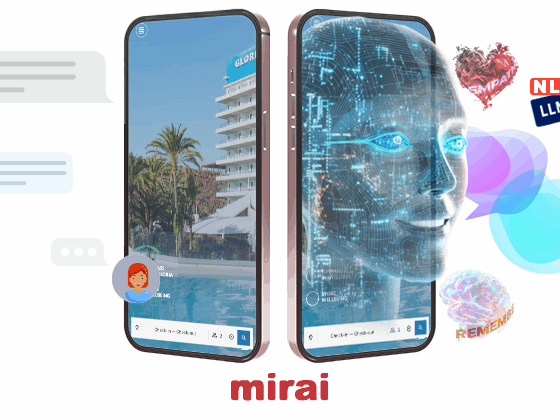
There’s a popular myth making the rounds in hospitality tech circles that AI will fix everything. That you can plug in a chatbot here, an algorithm there, and suddenly your operations are running on autopilot and every guest gets a “wow” moment.
But the truth is, AI doesn’t fix chaos. It scales it.
AI is only as good as the data you feed it. If your property is running on siloed systems, fragmented guest profiles, and inconsistent data hygiene, no amount of machine learning will magically tie it all together. In fact, you’ll likely make things worse, faster.
We’ve entered the GIGO era of hotel tech: Garbage In, Garbage Out.
The AI Illusion
AI can transform hospitality with predictive pricing, automated upselling, intelligent routing of service requests, tools that are real and powerful. But the value of AI isn’t in the AI itself, rather in the structure it sits on.
If your CRM doesn’t sync cleanly with your PMS… if your POS data lives in a separate system… if your housekeeping, spa, and mobile app all create duplicate guest profiles… then your AI is working off bad inputs. You’re personalizing based on guesswork.
The result? Inconsistent experiences, irrelevant recommendations, and missed revenue opportunities, plus the added risk of alienating guests who expect you to know them.
Structure First, AI Second
The foundation for any useful AI strategy is clean, structured, unified data. That means:
- One source of truth for guest profiles
- Consistent data flows across departments and systems
- Real-time syncing between tools, not batch updates or manual exports
- Centralized reporting that reflects the whole guest journey
And the easiest way to get there? A unified tech platform.
Instead of plugging AI tools into six disconnected systems and hoping for the best, start by consolidating your stack. With an all-in-one or deeply integrated platform, your guest data is both cleaner and smarter. You can track lifetime value, personalize at scale, and measure ROI with confidence.
The Hidden Cost of Dirty Data
Data fragmentation isn’t just inefficient, it’s expensive. According to Gartner, poor data quality costs organizations an average of $12.9 million annually. In hospitality, the impact shows up in lost upsells, marketing inefficiencies, and service failures.
A dynamic pricing engine fed inaccurate occupancy data? Useless. A loyalty algorithm that doesn’t see F&B spend? Misleading. A guest messaging tool that texts someone who already checked out? Embarrassing. This is why savvy hotel operators are prioritizing data governance and system consolidation before going big on AI.
Connected Systems, Clear Insights
When you unify your tech stack, something powerful happens: you move from reactive to proactive. AI can finally operate in real time, drawing on full-funnel data to drive decisions.
At Shiji, we’ve worked with brands that once ran ten separate systems across three departments. By consolidating into a unified platform, they didn’t just streamline workflows, they unlocked AI use cases that were previously impossible:
- Predictive maintenance based on guest complaint trends
- Personalized offers triggered by POS spend, not just room nights
- Staffing forecasts that respond to booking velocity, not historical averages
The Future Is AI-First, to a Point
Before you chase the latest AI plugin or predictive engine, ask yourself: is your data ready? Are your systems speaking the same language? Is your tech stack built to support intelligence or to survive it? Because in the end, the hotels that invest in that foundation today will be the ones delivering real results tomorrow.








